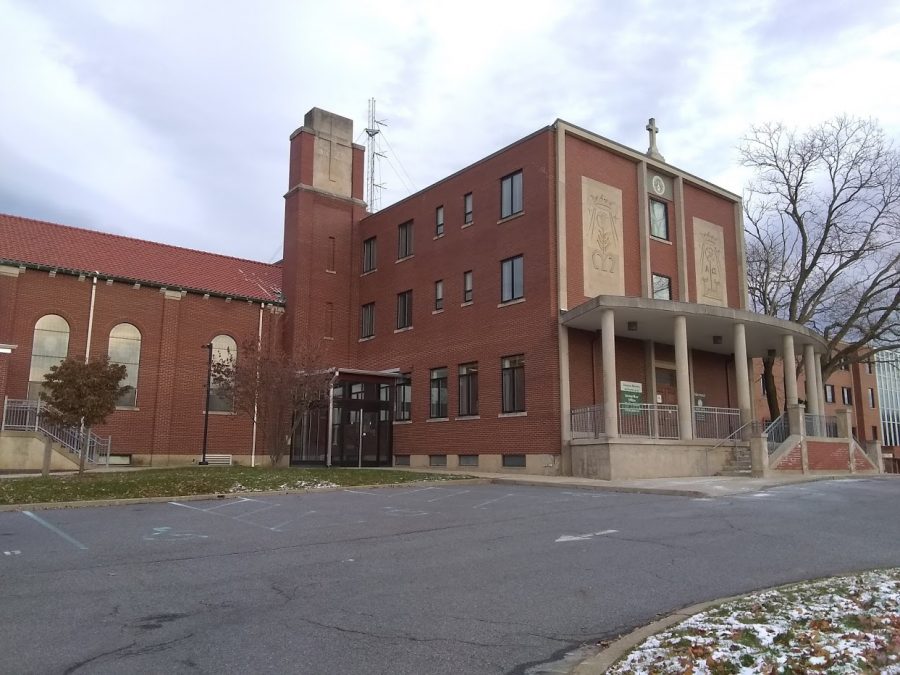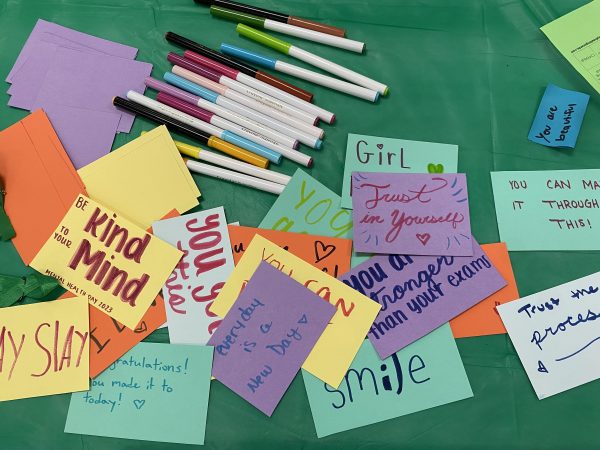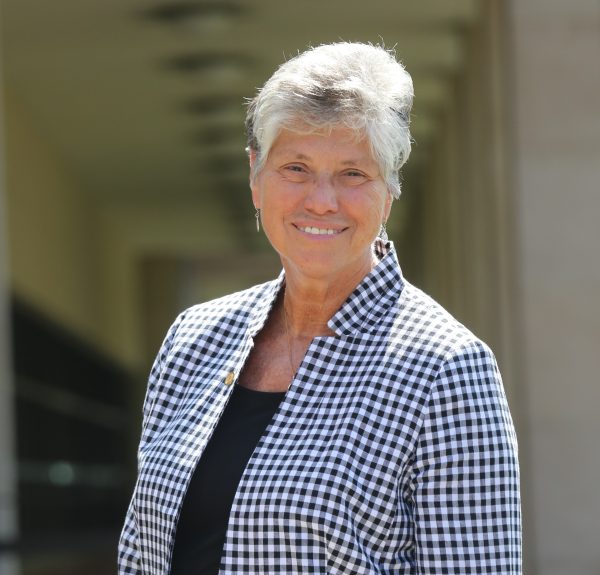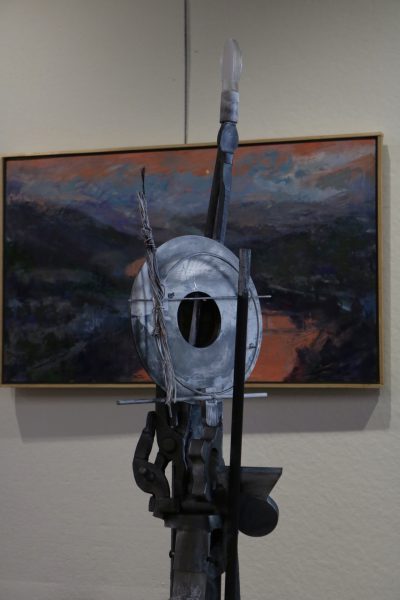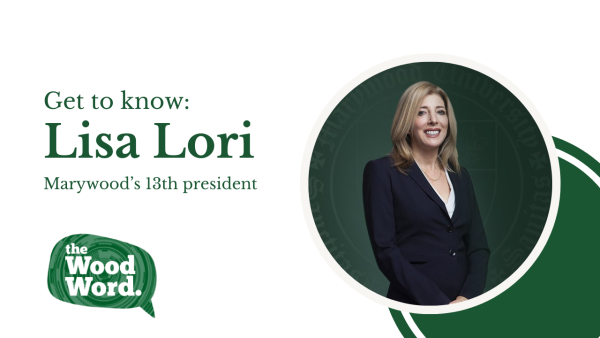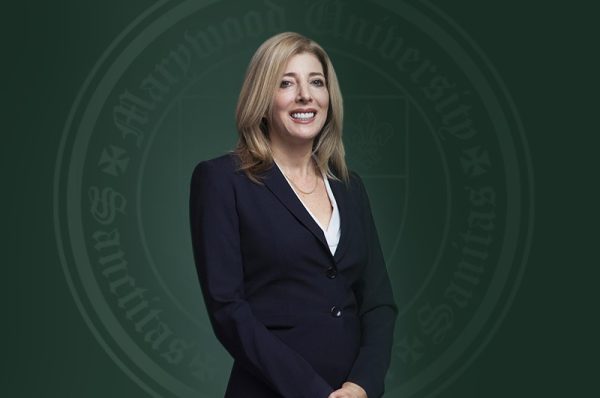Campus Ministry says farewell to the flea market
Campus Ministry says the flea market has not been becoming less profitable. Photo credit: Elizabeth Deroba
November 19, 2019
All things must come to an end.
Campus Ministry’s annual flea market has served as a place for people drop off items they no longer use and to pick up items they may use. The profits from the flea markets throughout the year have gone to benefit service learning trips for students.
However, the time has come to say goodbye to the flea market. Assistant Director for Service-Learning and Community Service Ann O’Brien said Campus Ministry has been questioning the flea market for a few years now, and realized that it was time to rethink things.
Assistant Director of Campus Ministry Sr. John Michele Southwick said the flea market is no longer profitable and requires too much intensive labor, staff time and space to be worthwhile. Organizing the flea market is a yearlong process of sorting, pricing and boxing items that only leads to a modest $1,600 to $2,200 profit each year.
“You would think that for all the work that goes in, we’d be making $10,000 or $20,000, but to not even reach $2,000 some years, it kind of makes us evaluate what this really breaks down to when it ties up so much of the university’s resources,” said O’Brien.
According to O’Brien, Campus Ministry makes similar profits with several less work intensive fundraisers throughout the year, including the spring craft fair, pasta dinners at Nosh Restaurant and the annual snowball roll. Campus Ministry also sells candy bars, Guatemalan coffee, Yankee Candles, t-shirts and crocheted soulmate socks at various times throughout the year to benefit the alternative break service trips, eliminating the need of the flea market’s profits.
According to Southwick, although the flea market benefits the alternative break service trips, the service trip participants take a very minimal role in the flea market process as a whole.
“The service trip participants don’t get chosen until two weeks before the flea market, which means that they don’t even work on it until 95% of the work is done. So, you can’t really say that the service trip participants do the work,” said Southwick.
To confront these problems, O’Brien said that Campus Ministry is looking into replacing the flea market with a designer purse bingo.
“The demand for those events around here is crazy, so we thought we might as well jump on the bandwagon and strike while it’s hot,” said O’Brien.
As they say farewell to the flea market, O’Brien and Southwick said they remember those helped throughout the years.
“Thank you to all the folks who have donated to us over the years, and thank you to the people who have purchased things at the flea market, worked at it and supported our students and trips,” said O’Brien.
Southwick also said she credits the students with autism spectrum disorder in Marywood’s Students On-Campus Achieving Results (SOAR) program who have volunteered at the flea market.
“We could not have done it without them. I know we couldn’t,” said Southwick.
Contact the writer: [email protected]



